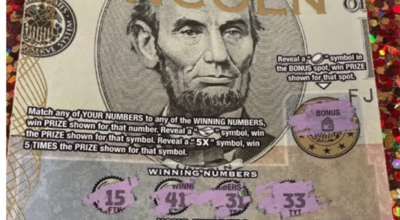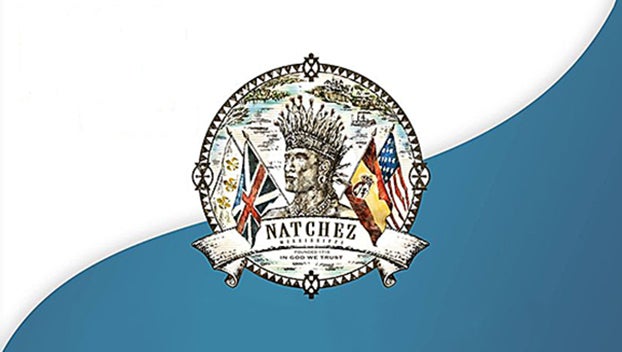Concordia Parish residents, businesses mixed on proposed tax changes
Published 12:07 am Sunday, April 7, 2013

JAY SOWERS/THE NATCHEZ DEMOCRAT — Ferriday resident Shelia Hobbs talks Wednesday about possible changes to Louisiana state taxes, as her husband Ronnie loads groceries into their SUV after shopping at the Walmart in Vidalia.
VIDALIA — With Gov. Bobby Jindal’s proposed tax package headed to the legislature this week, local Louisiana shoppers and business professionals have mixed feelings about what it could mean for them.
The Republican governor wants to eliminate state income taxes for individuals and businesses. To make up for the lost revenue, he wants to boost the state sales tax rate from 4 percent to 6.25 percent, charge the higher sales tax rate on previously untaxed services — such as haircuts and landscaping — increase the tobacco tax and remove dozens of tax breaks.
Concordia Parish shoppers currently pay 8.75 percent sales tax, of that 4.75 percent is local and 4 percent is state.
Boosting the state sales tax rate to 6.25 percent would mean parish shoppers would be paying a total 11 percent sales tax.
Sales tax exemptions on food for home consumption, prescription medication, fuel and residential utilities would remain in place under Jindal’s plan.
The elimination of the income tax is meant to put more money in residents’ pockets, which could seemingly cover the costs of a sales tax hike.
Some residents, however, currently do not pay income taxes, including the poor, active military and certain retirees, so eliminating the income tax would not help their pocket books.
Jindal’s tax proposal, though, includes handing out rebate checks to those groups who would otherwise be hit the hardest without some sort of offset.
Cigarettes and other tobacco products would carry an additional $1.05 tax, an aspect of Jindal’s plan that concerns Ferriday resident Shelia Hobbs.
“I’ve already cut down because they’re so expensive,” she said. “If they go up anymore, I guess I’ll just quit.”
With Mississippi just across the river, where sales tax is 7 percent, parish shoppers could shop in Natchez to avoid Louisiana’s possible sales tax hike.
And that is exactly what Sonya Lee plans to do if her Walmart bill has a few extra dollars on it because of increased sales tax.
Lee and her husband, Charles, live in Fayette but shop at the Vidalia Walmart because they say it is cleaner and less crowded than the Natchez Walmart.
“If sales taxes go up, and it’s cheaper over (in Natchez), I’ll just go back over there,” she said. “It’ll be worth the crowd.”
Vidalia’s Monogram Designs & Screen Printing owner Miguel Gonzales said the opportunity for parish residents to shop in Mississippi is ever-present.
“That’s always a problem,” he said. “But around here, there’s a lot of loyalty for school tax. A lot of people do buy here because of that.”
The Concordia Parish School District receives 2 percent of the local 4.75 sales tax.
Gonzales said he believes the elimination of income taxes as proposed in Jindal’s plan will offset the sales tax hike.
“There might be a little bit of an exodus, but I think it would be offset by positive economic growth,” Gonzales said.
That economic growth could come in the form of the elimination of the corporate income tax and corporate franchise tax, Concordia Parish Economic and Industrial Development District Executive Director Heather Malone said.
Malone said the elimination of corporate taxes could be a beneficial recruitment tool for her to sway industries to the parish.
“It could put is in a very good recruiting position,” she said. “I have found a list of the top 10 states that were the most business-friendly, and of those, most all of them had no individual income tax and no corporate tax.”
Critics say the governor’s proposal would shift a greater share of state government operating costs onto the poor, middle class and small businesses, giving hefty tax breaks to the wealthy and big corporations.
Malone agrees that Jindal’s tax plan could be somewhat of a double-edged sword, Malone said.
“There’s several different perspectives,” Malone said. “If you look at it from a business perspective or a consumer perspective, there’s some positives for some groups and some negative for other groups.”





